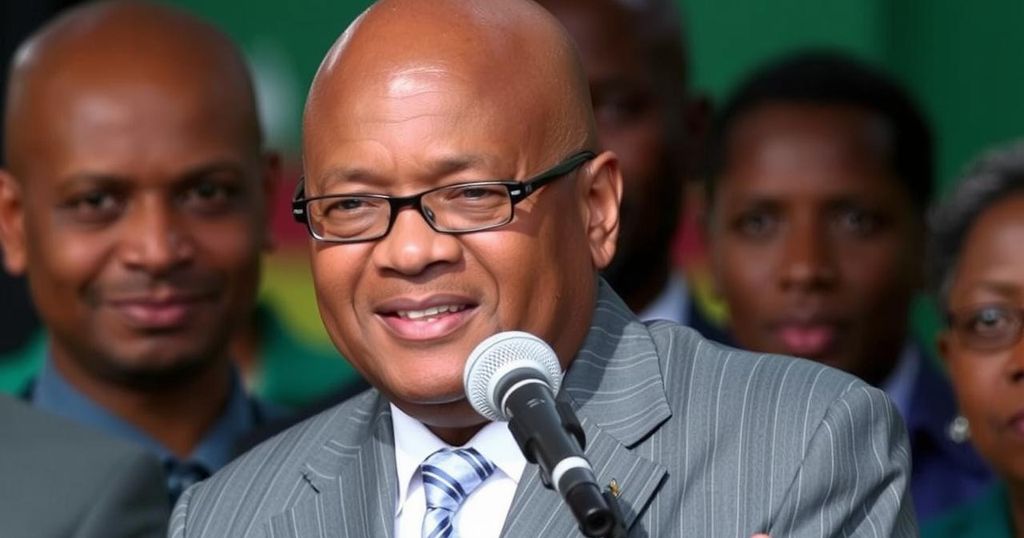Mozambique’s top court affirmed Frelimo’s election victory amid allegations of rigging, igniting widespread protests. The ruling has resulted in over 130 deaths during unrest, disrupting foreign company operations and impacting economic forecasts. Opposition rejects the election results, underscoring discontent with governance.
Mozambique’s Constitutional Council has confirmed the ruling party, Frelimo, as the victor of the October election, despite widespread allegations of vote rigging from opposition groups. This ruling has ignited significant protests in Mozambique, which is home to nearly 35 million residents and has been ruled by Frelimo since 1975. Western observers have characterized the election as neither free nor fair, and reports indicate that at least 130 individuals have lost their lives in clashes with law enforcement during the ensuing unrest.
Upon announcing that Frelimo’s Daniel Chapo secured approximately 65% of the votes—as opposed to the over 70% reported by the electoral commission—judicial officials confirmed the party’s continued majority in Parliament. This announcement was met with immediate protests in several cities, demonstrating public discontent. Historical claims of electoral fraud against Frelimo have persisted since the country first held elections in 1994.
In the wake of the election, the unrest has disrupted the operations of foreign businesses, including Australian mining company South32, and has temporarily closed Mozambique’s primary border crossing with South Africa. An International Monetary Fund representative indicated that Mozambique’s anticipated economic growth for 2024 may fall below the previously projected 4.3% due to the unrest and the adverse effects of Cyclone Chido. Opposition representatives, including those of leader Venancio Mondlane, have vocally rejected the election results, asserting that the electoral integrity has been compromised.
The situation in Mozambique highlights ongoing tensions surrounding electoral processes in the country, where Frelimo has faced allegations of fraud for decades. These recent developments follow historical patterns of dissent against perceived electoral injustices, showcasing the fragility of democratic practices in the nation. Protests represent not only immediate responses to electoral outcomes but also a broader discontent with governance and economic conditions amidst escalating violence and unrest.
In summary, the confirmation of Frelimo’s victory by Mozambique’s Constitutional Council has led to a major outbreak of protests and violent clashes, raising serious concerns regarding the legitimacy of the electoral process. With over 130 fatalities reported and significant impacts on businesses and economic forecasts, the country’s political stability appears to be jeopardized, necessitating attention from both domestic and international stakeholders. As opposition figures continue to challenge the electoral results, the prospect for an immediate resolution remains uncertain.
Original Source: www.cnn.com






